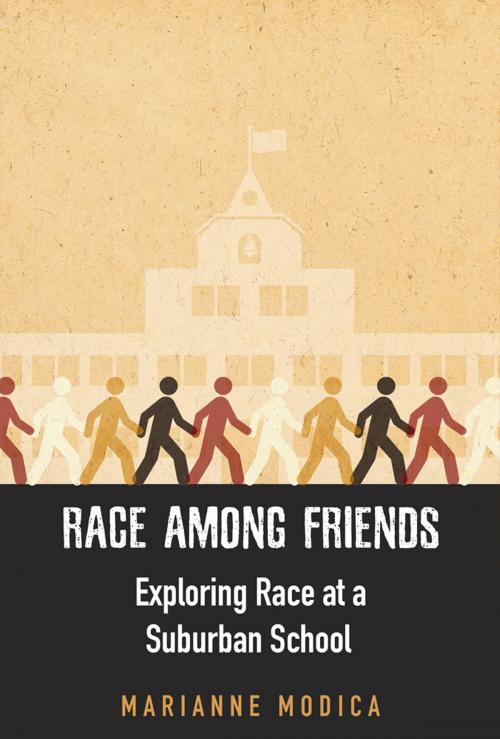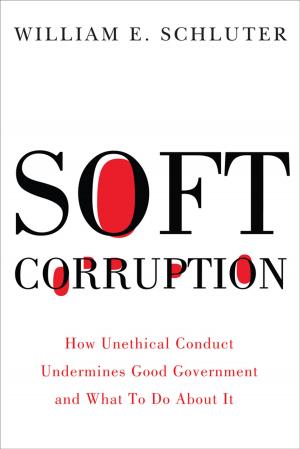Race among Friends
Exploring Race at a Suburban School
Nonfiction, Reference & Language, Education & Teaching, Educational Theory, Multicultural Education, Social & Cultural Studies, Social Science, Discrimination & Race Relations| Author: | Marianne Modica | ISBN: | 9780813573458 |
| Publisher: | Rutgers University Press | Publication: | November 10, 2015 |
| Imprint: | Rutgers University Press | Language: | English |
| Author: | Marianne Modica |
| ISBN: | 9780813573458 |
| Publisher: | Rutgers University Press |
| Publication: | November 10, 2015 |
| Imprint: | Rutgers University Press |
| Language: | English |
Many saw the 2008 election of Barack Obama as a sign that America had moved past the issue of race, that a colorblind society was finally within reach. But as Marianne Modica reveals in Race Among Friends, attempts to be colorblind do not end racism—in fact, ignoring race increases the likelihood that racism will occur in our schools and in society.
This intriguing volume focuses on a “racially friendly” suburban charter school called Excellence Academy, highlighting the ways that students and teachers think about race and act out racial identity. Modica finds that even in an environment where students of all racial backgrounds work and play together harmoniously, race affects the daily experiences of students and teachers in profound but unexamined ways. Some teachers, she notes, feared that talking about race in the classroom would open them to charges of racism, so they avoided the topic. And rather than generate honest and constructive conversations about race, student friendships opened the door for insensitive racial comments by whites, resentment and silence by blacks, and racially biased administrative practices. In the end, the school’s friendly environment did not promote—and may have hindered—serious discussion of race and racial inequity.
The desire to ignore race in favor of a “colorblind society,” Modica writes, has become an entrenched part of American culture. But as Race Among Friends shows, when race becomes a taboo subject, it has serious ramifications for students and teachers of all ethnic origins.
Many saw the 2008 election of Barack Obama as a sign that America had moved past the issue of race, that a colorblind society was finally within reach. But as Marianne Modica reveals in Race Among Friends, attempts to be colorblind do not end racism—in fact, ignoring race increases the likelihood that racism will occur in our schools and in society.
This intriguing volume focuses on a “racially friendly” suburban charter school called Excellence Academy, highlighting the ways that students and teachers think about race and act out racial identity. Modica finds that even in an environment where students of all racial backgrounds work and play together harmoniously, race affects the daily experiences of students and teachers in profound but unexamined ways. Some teachers, she notes, feared that talking about race in the classroom would open them to charges of racism, so they avoided the topic. And rather than generate honest and constructive conversations about race, student friendships opened the door for insensitive racial comments by whites, resentment and silence by blacks, and racially biased administrative practices. In the end, the school’s friendly environment did not promote—and may have hindered—serious discussion of race and racial inequity.
The desire to ignore race in favor of a “colorblind society,” Modica writes, has become an entrenched part of American culture. But as Race Among Friends shows, when race becomes a taboo subject, it has serious ramifications for students and teachers of all ethnic origins.















